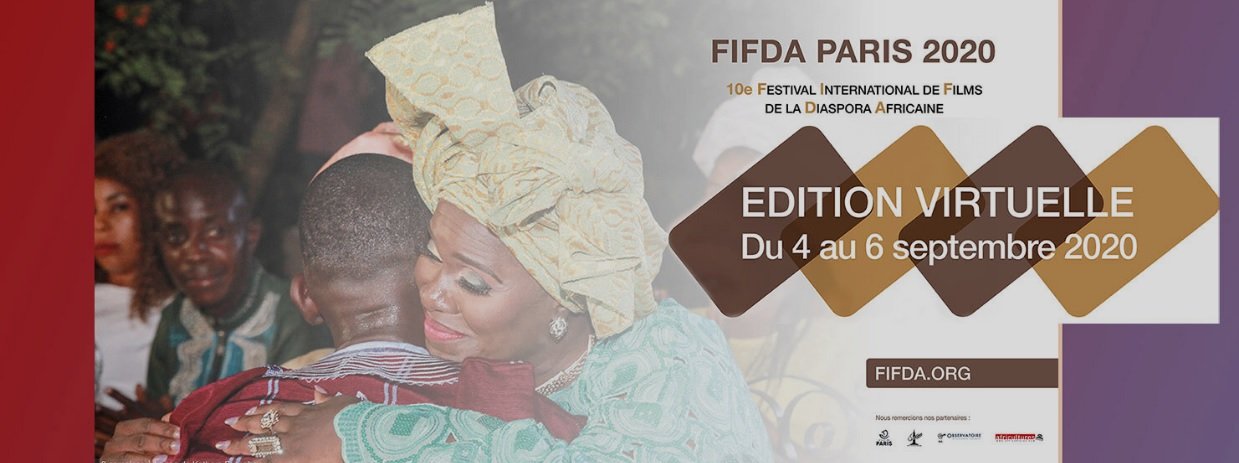Writers are often a mixture of their past and their present. They write about interests and experiences, which are not always the same thing. Or perhaps take ideas from the world around them and stories they have been told. Chika Unigwe has followed a similar trajectory with her first three novels, the third of which she is preparing to publish next month in both Dutch and English.
Entitled, Night Dancer (Nachtdanser), it follows Mma, who is forced to deal with her hidden past when her mother, Ezi, passes away. As well as inheriting everything Ezi had to own, she also inherits her mother’s bad name. Mma now has to answer questions about her mother’s life such as why her mother fled to a new town and who or what was she escaping from? Alone, she becomes desperate to learn more about her father, of whom, she knows next to nothing.
The book explores the relationship between a mother and her daughter, but also how the modern world contrasts with the traditional in contemporary Nigeria. On returning to her hometown of Enugu, Ezi built up a life for herself as a prostitute while simultaneously raising the young Mma. As Mma seeks to unravel the reasons for Ezi’s flight home, her grandfather and father cling to tradition and place all the blame on the young Ezi. Are they right?
The book and Unigwe’s writings across all spectrums is more multi-dimensional than that. The backdrop to this fairly typical family storyline (one that could be written in almost any country) is the 2002 Miss Universe riots in northern Nigeria. The riots, started by Muslim youths in Kaduna, left 100 people dead and over 500 injured. It also led to the relocation of the Miss Universe contest to London. For Unigwe, the incident is a perfect example of the clashes between modernity and tradition, how sometimes they can work, but often the contrast between the two leads to violence and oppression. For Mma, the problem is more personal as are all the stories we do not hear about in Europe.
Born in 1970s Enugu, Unigwe moved to the University of Leiden in Belgium to complete her thesis and PhD. She has published stories in journals and magazines such as Wasafiri, Moving Worlds and Per Contra. She has been shortlisted for the Vrouw en Kultuur debuutprijs (Culture Debut for Women) prize for first time female novelists and the Caine Prize for African Writing as well as winning the 2004 BBC Short Story Competition.
The Belgium-based author, is best known for her novels On Black Sisters (known as Forta Morgana in Dutch) and The Phoenix (De Feniks). The Phoenix, her debut novel, was the first ever written by a Belgian author of African descent, meaning Unigwe has become an model for aspiring black women across Europe. It deals with a young Nigerian lady married to a Belgian national in Turnhout. The story follows her as she deals with the death of her son and the news she has terminal cancer.
On Black Sisters, meanwhile, takes another aspect of Unigwe’s life, that of the emigration/migration of a young person from Africa to Europe. In her case, it was as a student to Belgium, but in the case of the protagonists; Sisi, Ama, Joyce and Efe, it is as part of a prostitution and human trafficking racket to Antwerp’s red light district. Typical for the intellectual and social way Unigwe deals with subjects on multiple levels, the book is not just about young women being trafficked and forced into prostitution, but is about gender politics, corruption and the nature of immigration itself.
Chika Unigwe’s multiple works that include poetry (two collections), articles and short stories have helped to promote awareness of the lives of African women in Europe. These can be seen as hyper-local issues such as life in Belgium for black women or for immigrants as a whole, or for the clashing cultures and ideas of modern Nigeria, but can also be applied to those same culture clashes across Africa and indeed, across Europe too. As Unigwe continues to develop her writings and her themes, she will continue to ask questions and prompt discussions across the continent. She will also, through her works, promote more black women authors in Europe, and that can only be a good thing.
Jessica Hathaway is a freelance writer from England.


